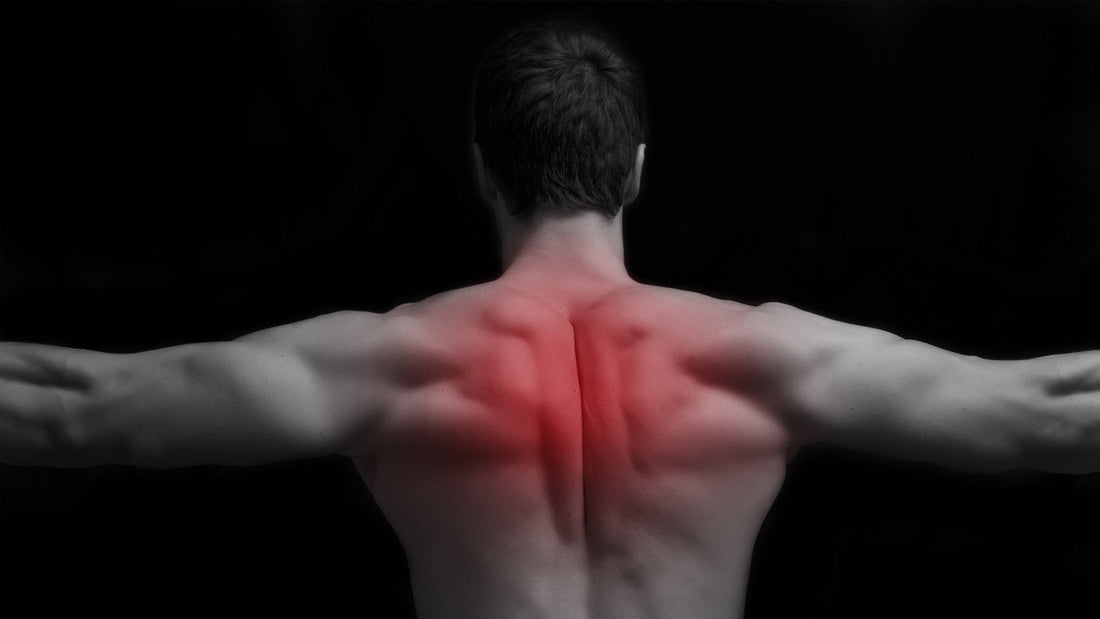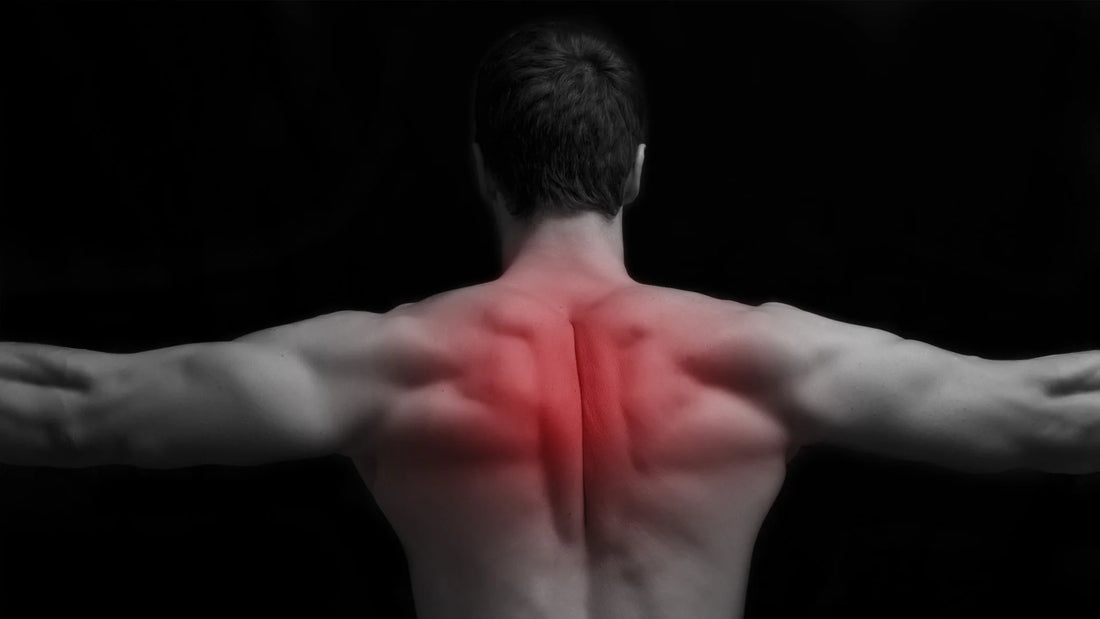

Do You Weigh More When Your Muscles Are Sore?
Many people work out more as part of their weight loss efforts. However, after all that exertion, you may be dismayed to see a higher number on the weight scale. Do you weigh more when your muscles are sore? The answer is probably yes. Many people weigh more after working out because of increased water retention and a gain from new lean muscle mass. Most of the time, the overall weight gain is temporary, but there are better ways to monitor your progress.
Do You Weigh More When Your Muscles Are Sore? The Answer Is Yes for Many People
It can be discouraging to find yourself weighing more after you have been working out to try to lose weight. That is why some people track their progress with body measurements rather than numbers on the scale. After all, the reality is that it is entirely possible for you to weigh more with sore muscles, even though the gain is probably temporary. Let’s look at common reasons this happens.
Your Body’s Healing Response
When your body is not used to exercise (or certain types of exercise), then new exercise stresses your muscles. It leads to micro tears and inflammation. Your body’s healing response includes water retention around the inflammation and the micro tears. The retention can cause temporary weight gain while your muscles heal.
Glycogen for the Muscles
Glycogen supplies energy to your muscles. When you first begin working your muscles in earnest, they need more energy. That means more glycogen and thus more “fuel” in your muscles, adding to their weight. This weight gain could be 1 to 3 pounds, and each pound of muscle holds about 3 pounds of water.
Do you weigh more when your muscles are sore? If you find this is the case, take heart that after a few weeks, you should start losing the weight prompted by the increased glycogen. This is because your muscles gradually become used to the exercise. They become more efficient and soreness is less of an issue. They do not need the extra glycogen anymore (or not as much of it).
Of course, if or when you start working new muscle groups or work out differently, new soreness could result, along with another slight, temporary weight gain.
New Lean Muscles
Working out can lead to increased lean muscle mass in a month or two. That mass may manifest in a few extra pounds.
If you’re trying to lose weight as opposed to working out to purposefully build mass, you probably will not gain weight overall. The weight you lose will be more than the lean muscle mass you gain.
Do you weigh more when your muscles are sore? Do not stress about the extra weight, whether you’re trying to lose weight or simply firm up your body. Muscles take up less space than fat. The size of muscles in, say, your legs may increase considerably, but your legs become leaner. The numbers on the scale might not reflect this change, but the fit of your clothes and your slimmer body will.
Increased Blood Volume After Drinking More Water
More blood pumping in your body means the need for more fluids. After all, your body requires more water to keep it cool while it works so hard. The extra water helps keep your cardiac numbers relatively stable, too.
However, drinking more water can cause temporary water retention in your body. That means a bit more weight, which comes off within a day or two.
How Can You Make Muscle Soreness Go Away More Quickly?
Some people enjoy the feel of sore muscles, but others do not like the sensation. There’s no avoiding muscle soreness in the first place since, though. It Is part of getting healthier and working out.
Measures such as massage, ice to reduce inflammation, gentle stretching, and rest can help with soreness. So can anti-inflammatory pain medications and creams and gels with capsaicin or menthol. However, you may be disappointed if you ask, “Do you weigh more when your muscles are sore?” and hope these measures alleviate muscle-related weight gain. Experts generally recommend just staying off the scales when you’re starting a new workout regimen.
How Can You Track Your Progress if You Don’t Weigh Yourself?
Rather than rely on a scale, three-dimensional body measurements are a great way to track how your body changes as you start working out. If you’re exercising as part of weight loss efforts, you’ll see the changes reflected in your 3D body measurements.
An app such as ZOZOFIT lets you make 3D scans of your body. You get measurements for your chest, waist, hip, and thighs and see how the numbers change over time. This method is often better mentally and emotionally and may motivate you more than seeing fluctuating numbers on the weight scale.
Do you weigh more when your muscles are sore? Most likely yes, but taking stock of your body measurements instead of just weight ensures your body is actually changing in the direction you want. For example, some people may unconsciously snack more or eat larger portions of food when they work their bodies harder. Weight gain as reflected on the scale could be both from sore muscles and extra snacking. Body measurements, however, verify that your chest, waist, hip, and thighs are smaller.
Measuring progress on a scale can be discouraging since it’s easy for weight loss to stall, plateau, and even reverse. If you’re building muscle, your weight may go up even more, since muscle weighs more than fat. Three-dimensional scans also help you avoid errors associated with manual measuring methods such as using tape measures and calipers.
Do You Weigh More When Your Muscles Are Sore? Measure Your Body Instead
Do you weigh more when your muscles are sore? If you’re like most people, you gain a little weight when your muscles are sore from exercise. The weight is typically temporary water weight, although it could be due to lean muscle mass. Some people work out and gain weight as their fat transforms into muscle. It can be disheartening to see weight gain on the scale, which is why body measurements are a better, more realistic way to measure progress. Check out ZOZOFIT today.

![zf-w-[168px] zf-h-[40px]](http://zozofit.com/cdn/shop/t/15/assets/logo-desktop.png?v=117713855448369080381753069598)




